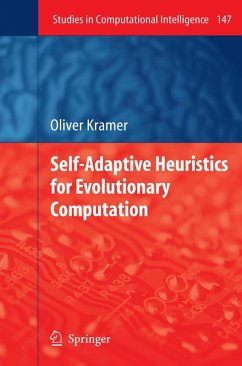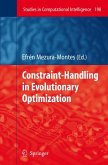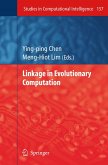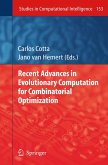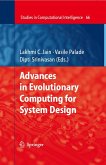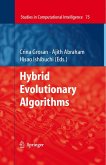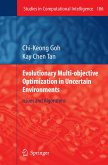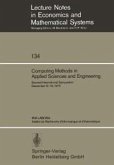This book introduces various types of self-adaptive parameters for evolutionary computation. Biased mutation for evolution strategies is useful for constrained search spaces. Self-adaptive inversion mutation accelerates the search on combinatorial TSP-like problems. After the analysis of self-adaptive crossover operators the book concentrates on premature convergence of self-adaptive mutation control at the constraint boundary. Besides extensive experiments, statistical tests and some theoretical investigations enrich the analysis of the proposed concepts.
Dieser Download kann aus rechtlichen Gründen nur mit Rechnungsadresse in A, B, BG, CY, CZ, D, DK, EW, E, FIN, F, GR, HR, H, IRL, I, LT, L, LR, M, NL, PL, P, R, S, SLO, SK ausgeliefert werden.
Hinweis: Dieser Artikel kann nur an eine deutsche Lieferadresse ausgeliefert werden.

